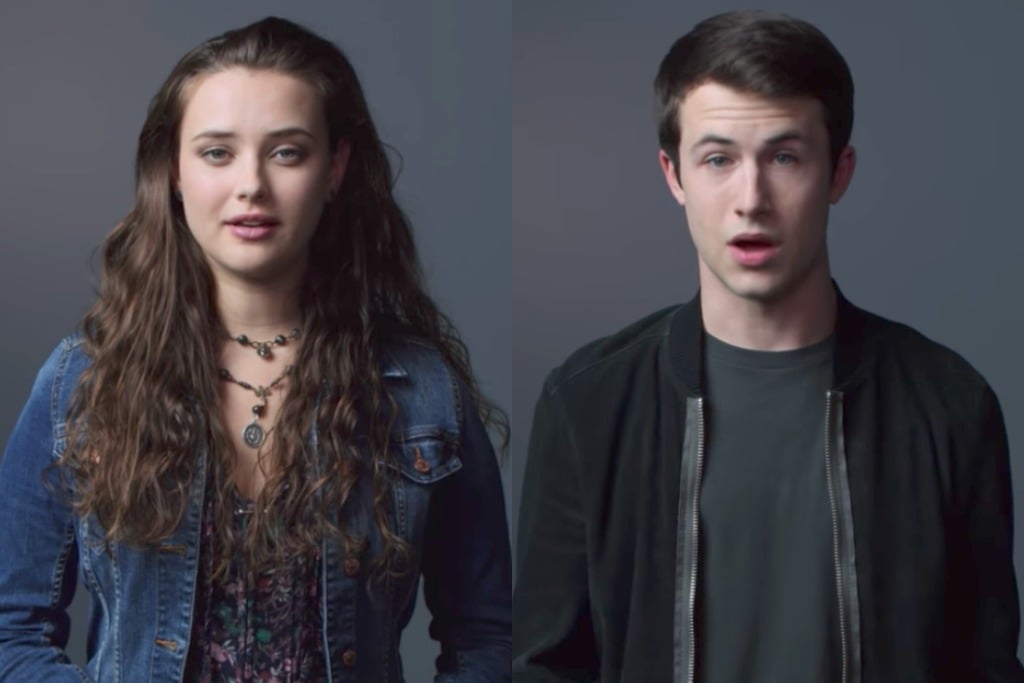Netflix Has Responded To The Controversy Around ’13 Reasons Why’ With A New Content Warning
“If you’re struggling with these issues yourself, this series may not be right for you."

This article discusses suicide.
—
Netflix’s popular but extremely controversial teen drama 13 Reasons Why has been renewed for a second season, and the streaming service has decided to address the concerns around the show’s dangerous premise with a content warning.
The first season of 13 Reasons Why was structured around the suicide of a teen girl, who gradually reveals the traumatic story around her own death through a series of tapes.
Centring a show aimed at teenagers around themes of suicide, rape, substance abuse and self-harm caused the show to recieve intense scrutiny and debate, with mental health and suicide prevention groups stating that it was potentially harmful for young viewers. Studies linked the show with a possible Suicide Contagion Effect and copycat attempts.
Critics believe the show managed to break many of the accepted rules for portraying suicide on screen, such as featuring a graphic, prolonged scene of the main character’s death and showing the suicide as a force for positive change and catharsis in the narrative.
Netflix’s solution to all this is to film a content warning with cast members Dylan Minnette, Katherine Langford, Justin Prentice and Alisha Boe that will air before the show.
“If you’re struggling with [self harm] issues yourself this series may not be right for you, or you may want to watch it with a trusted adult,” says Alisha Boe in the clip.
Netflix says it reached the decision to add the warning after commissioning a global research study, which led to implementing additional features such as the warning videos, parental controls and a resource database for teens seeking help and provides a discussion guide to accompany the series.
Many still believe the content warning isn’t enough:
i’m sorry but why is there just now a warning for watching 13 reasons why? this should’ve come out way before the show itself came out, not a WHOLE YEAR AFTER. there were maybe 2 couple second warnings but that’s not always enough. this should’ve come out last year, not now
— hanna || 80&87&160 (@hopeIesshanna) March 22, 2018
when i watched 13 reasons why last year it really had me messed up for a while after so uh maybe that warning couldve maybe been done with the first season
— sophia (@jonathanIarson) March 25, 2018
Or… why not make a show about suicide that doesn’t actively ignore every suicide prevention measure you could possibly ignore!? FFS https://t.co/Q2TMUK6TTl
— Holly Bourne (@holly_bourneYA) March 23, 2018
better late than never, but imagine if they had listened to the suicide prevention experts they originally consulted AND IGNORED who warned them about the show’s potential harm instead of waiting for public backlash before doing the responsible thing ?https://t.co/2Y2evVETxU
— anna borges (@annabroges) March 21, 2018
